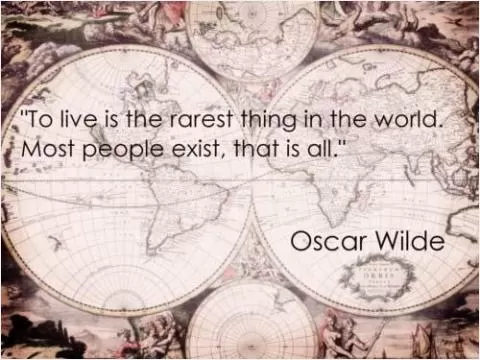All sins, except a sin against itself, love should forgive. All lives, save loveless lives, true Love should pardon

All sins, except a sin against itself, love should forgive. All lives, save loveless lives, true Love should pardon
Oscar Wilde, the renowned Irish playwright, poet, and author, was known for his wit, charm, and unconventional views on love and society. In his works, Wilde often explored the complexities of human relationships, particularly the power of love and forgiveness. One of his most famous quotes, "All sins, except a sin against itself, love should forgive. All lives, save loveless lives, true Love should pardon," encapsulates his belief in the transformative and redemptive nature of love.Wilde understood that love has the ability to transcend boundaries and heal wounds, even in the face of betrayal or wrongdoing. He believed that love should be unconditional and forgiving, capable of overlooking past mistakes and embracing the flawed nature of humanity. In Wilde's eyes, love was the ultimate force for good, capable of redeeming even the most broken souls.
The idea that love should forgive all sins, except a sin against itself, speaks to Wilde's belief in the sanctity of love and its power to overcome even the darkest of deeds. He recognized that love is not always easy, and that it requires patience, understanding, and forgiveness to truly flourish. By emphasizing the importance of forgiveness in love, Wilde encouraged his readers to look beyond the surface and see the inherent goodness in others.
Wilde's assertion that true love should pardon all lives, save loveless lives, further underscores his belief in the transformative power of love. He understood that love has the ability to bring out the best in people, to inspire them to be better, kinder, and more compassionate. In Wilde's eyes, a life without love is a life wasted, devoid of meaning and purpose. True love, he believed, has the capacity to heal, to uplift, and to bring joy to even the most desolate of hearts.












 Friendship Quotes
Friendship Quotes Love Quotes
Love Quotes Life Quotes
Life Quotes Funny Quotes
Funny Quotes Motivational Quotes
Motivational Quotes Inspirational Quotes
Inspirational Quotes